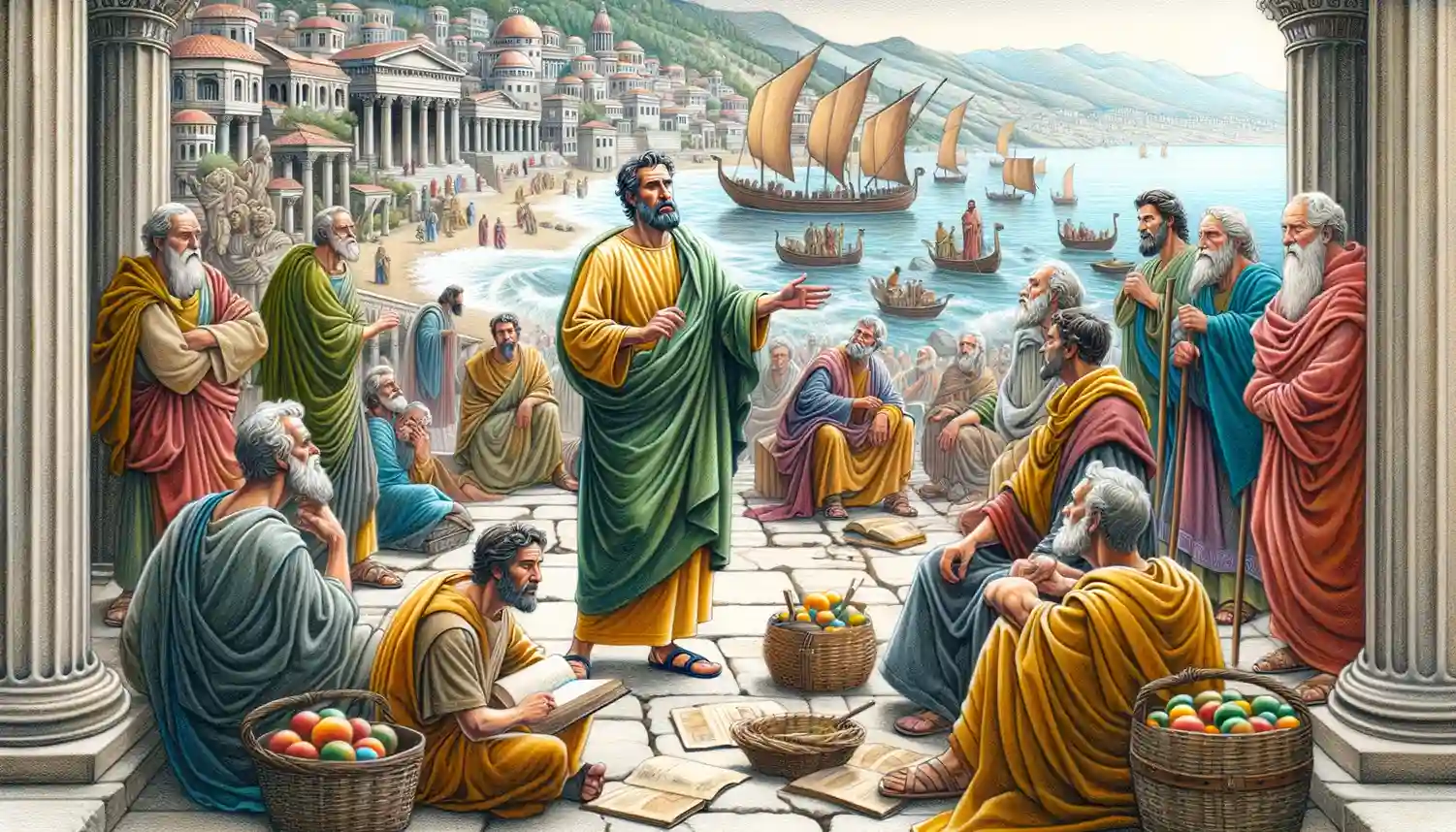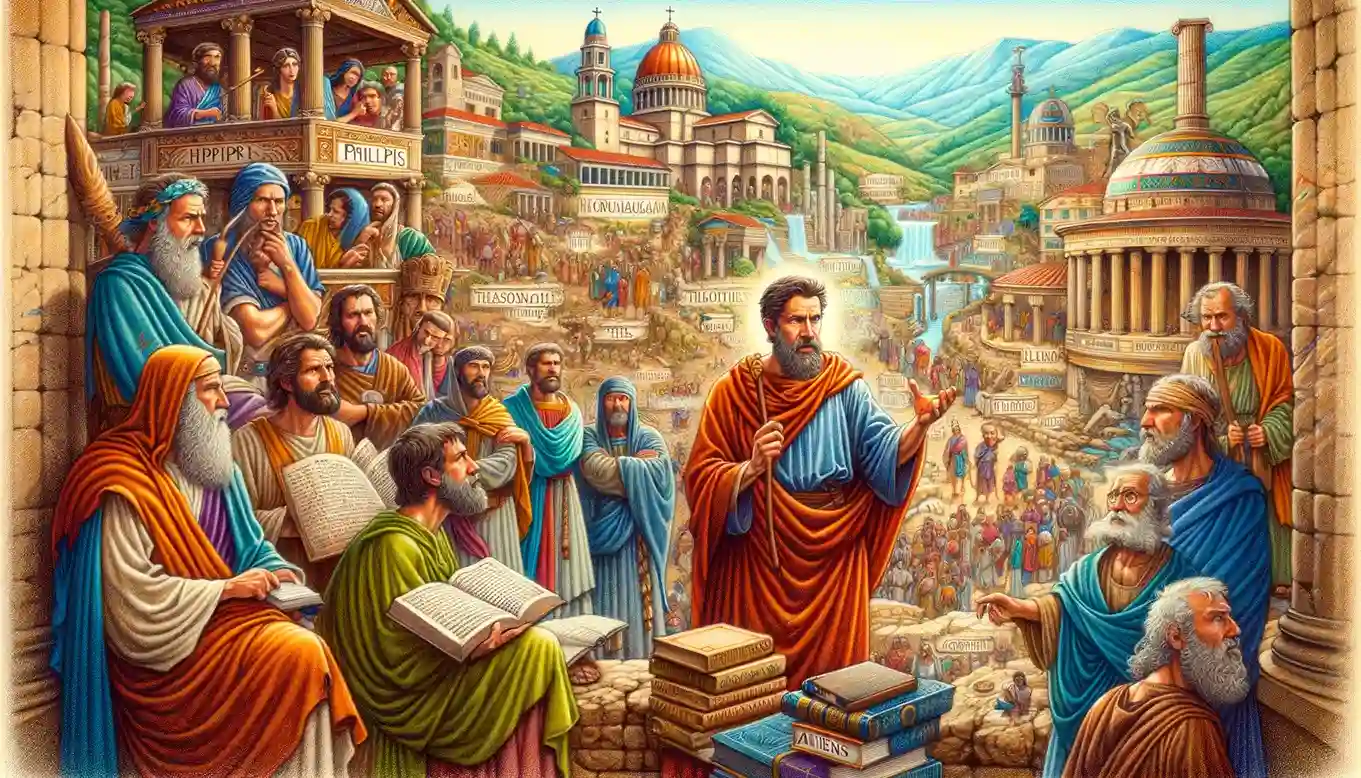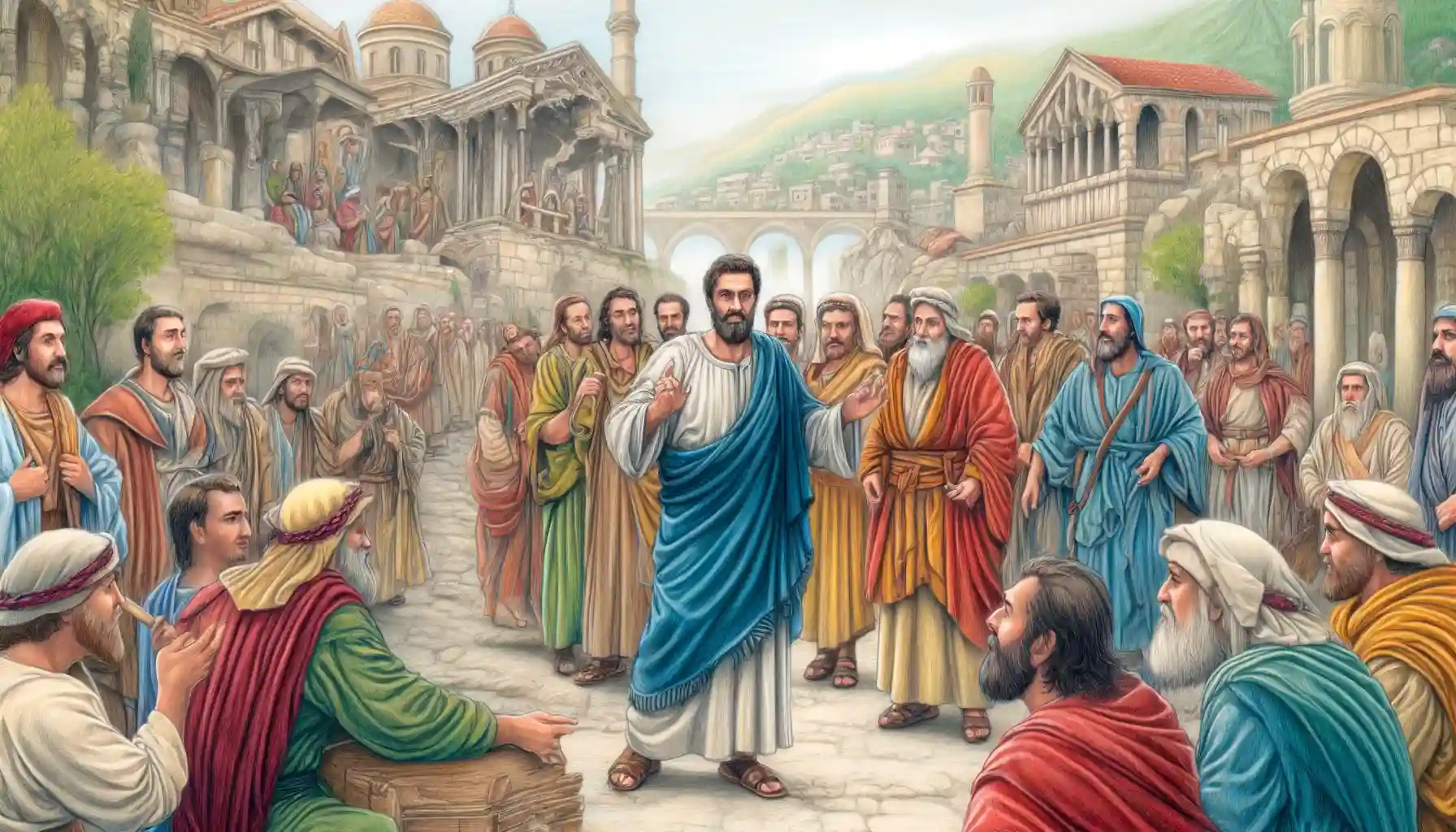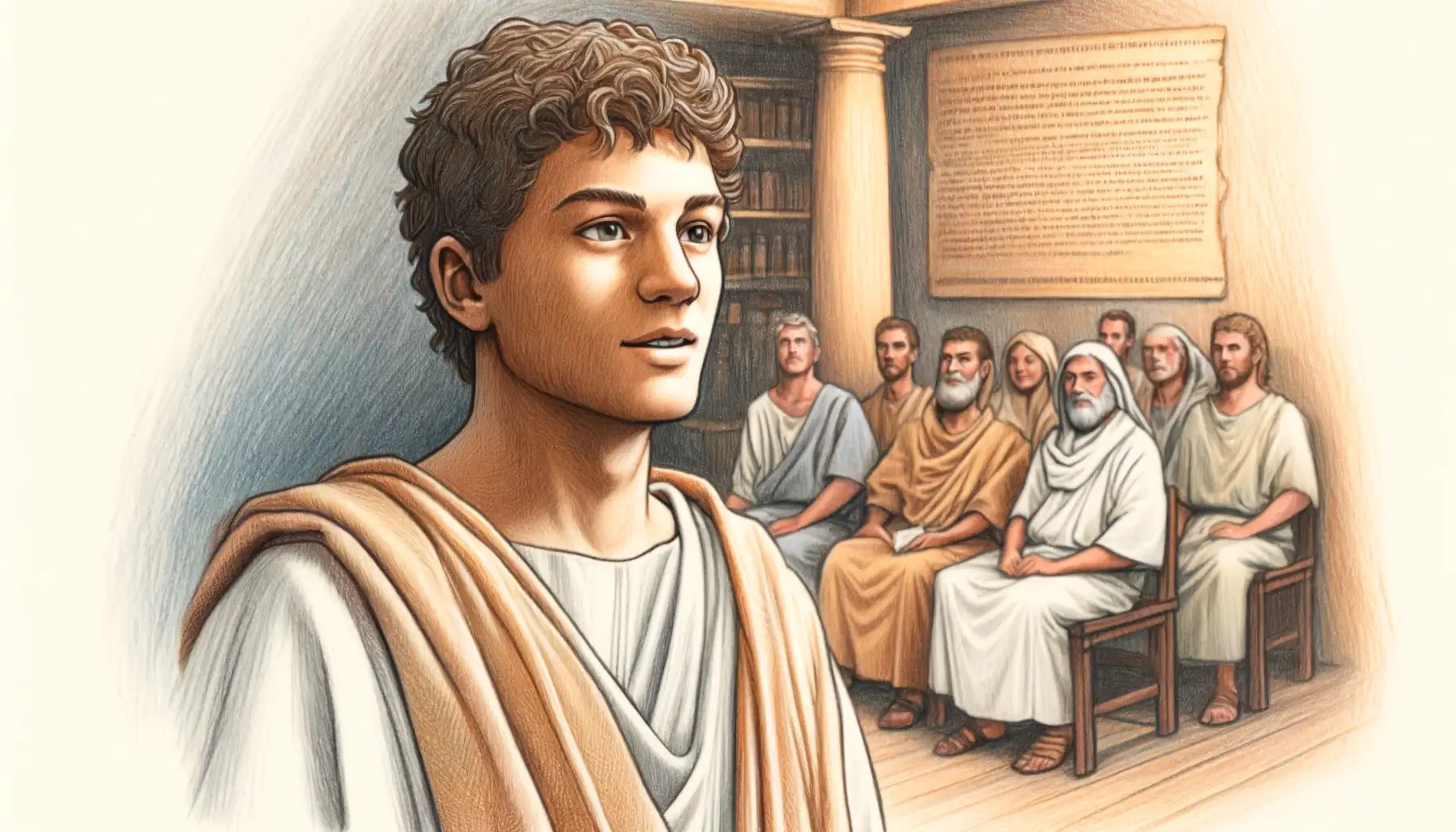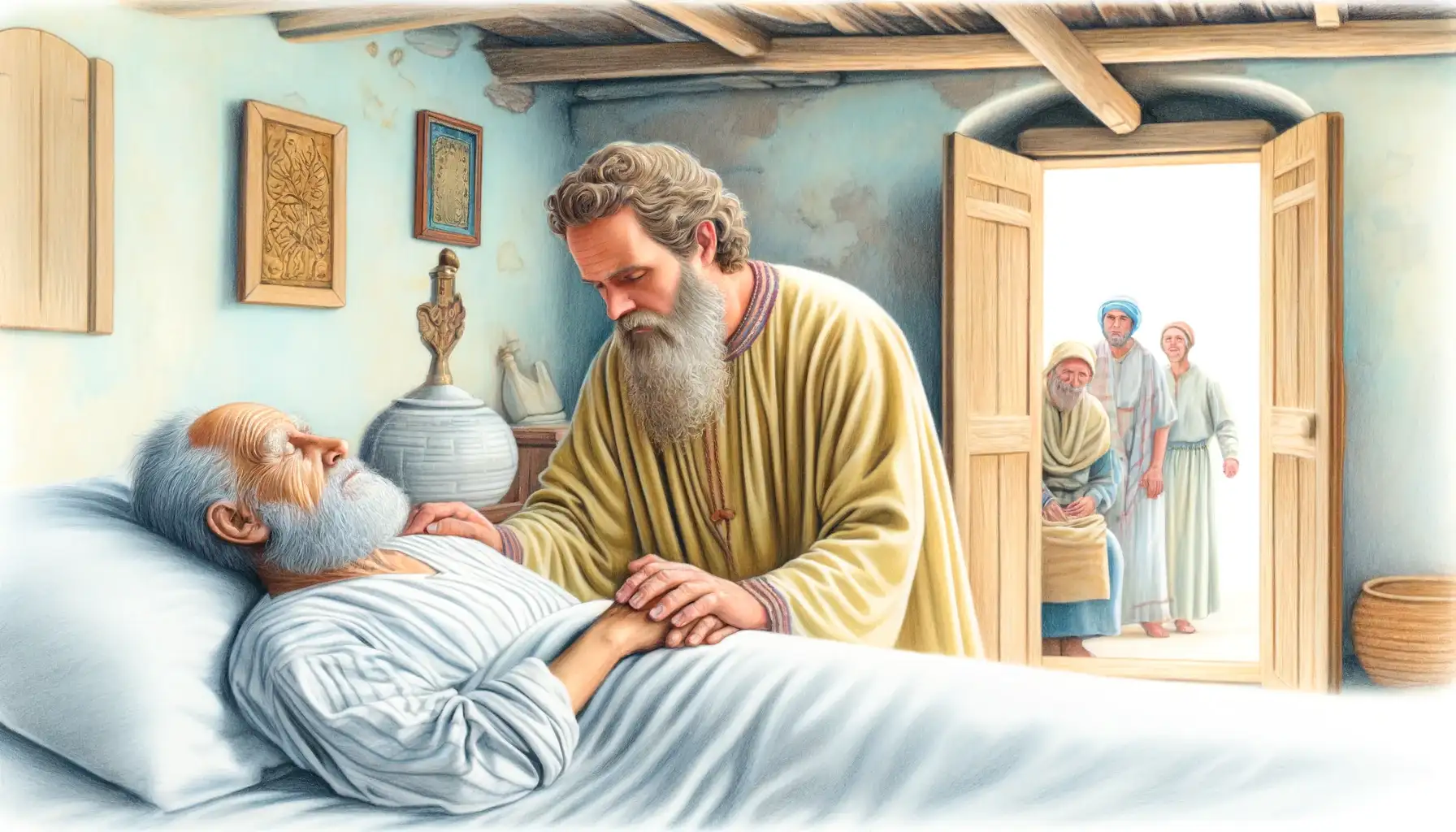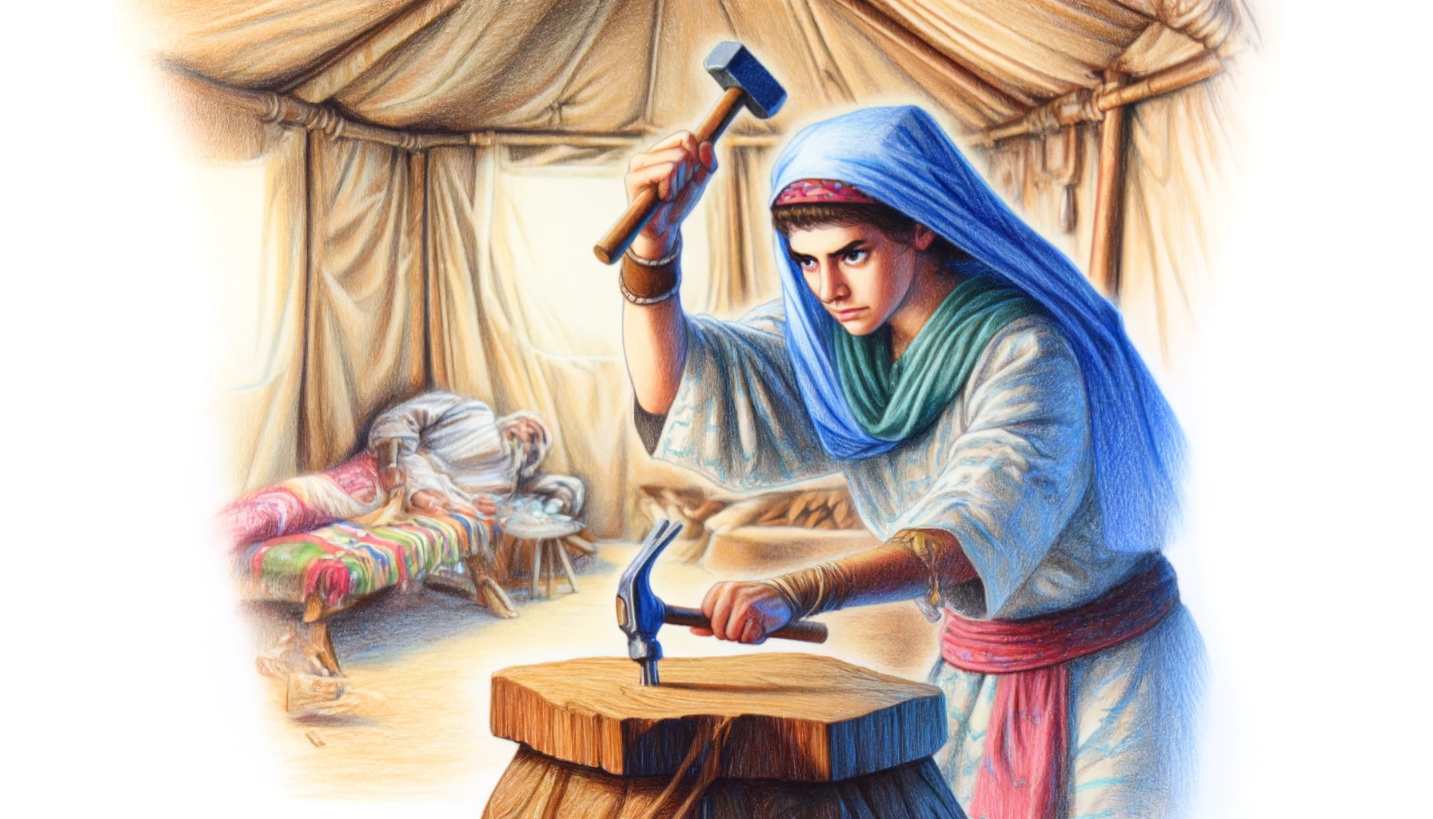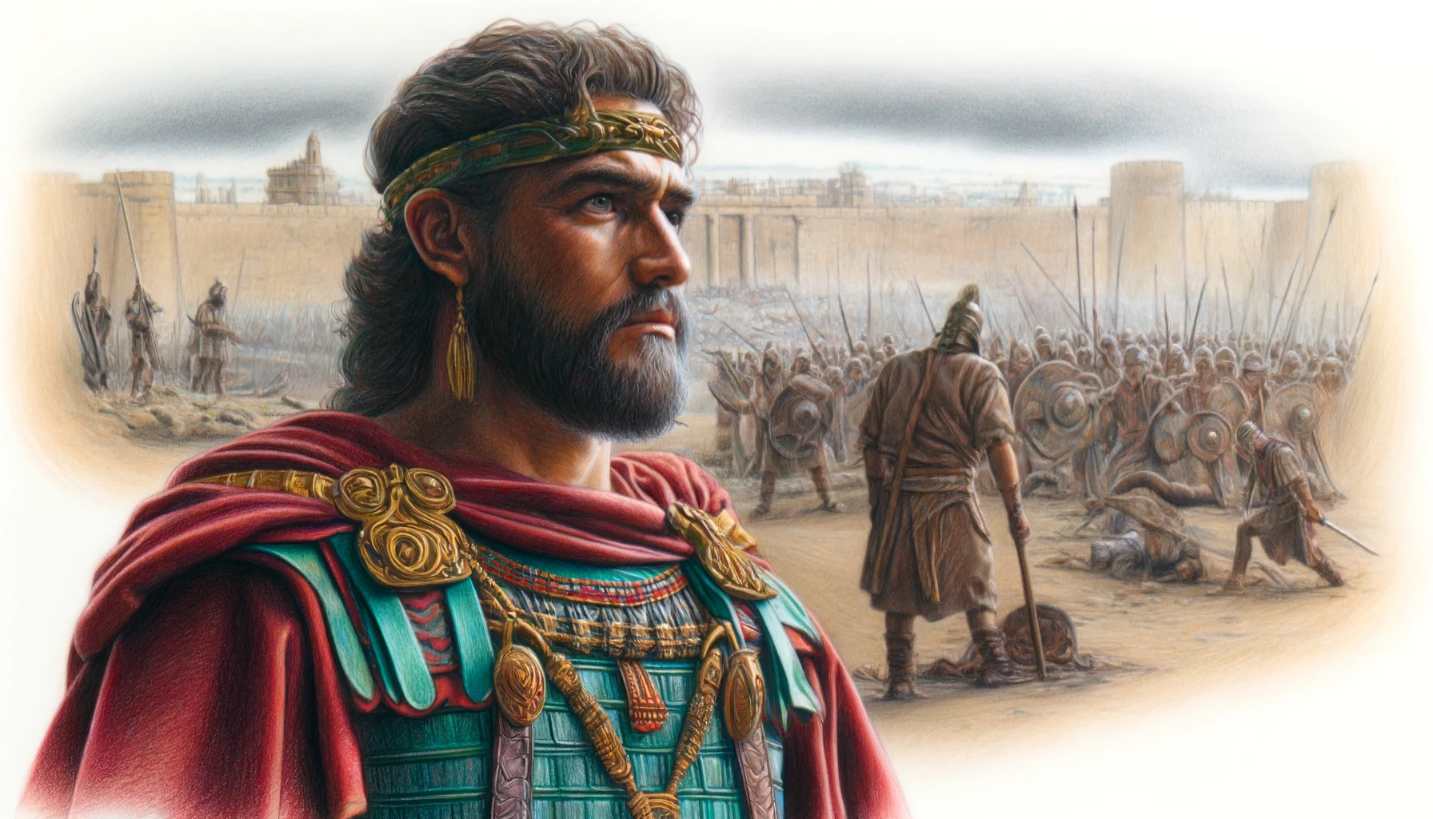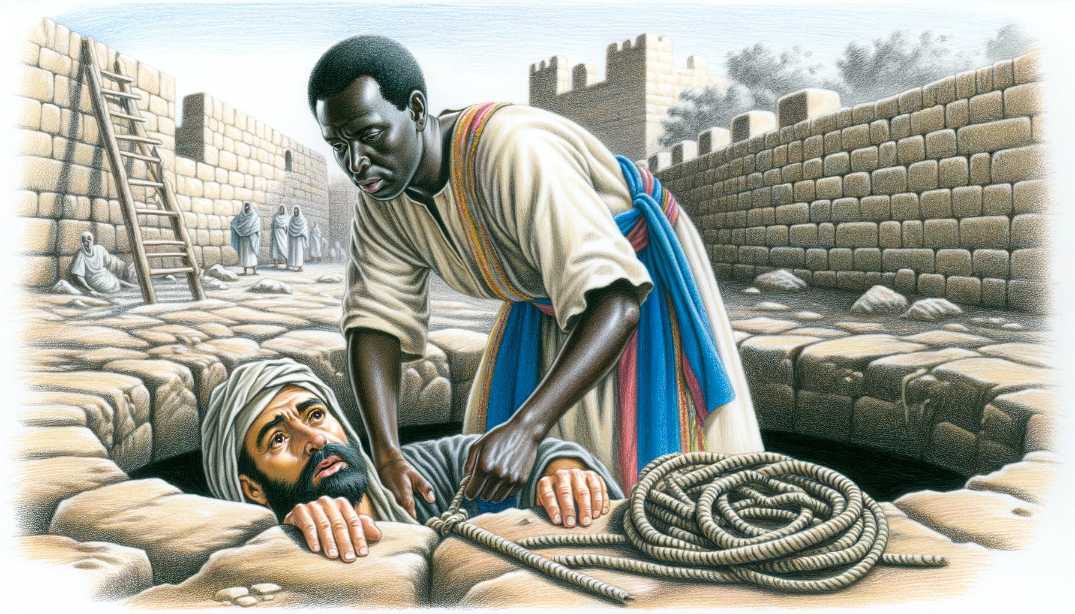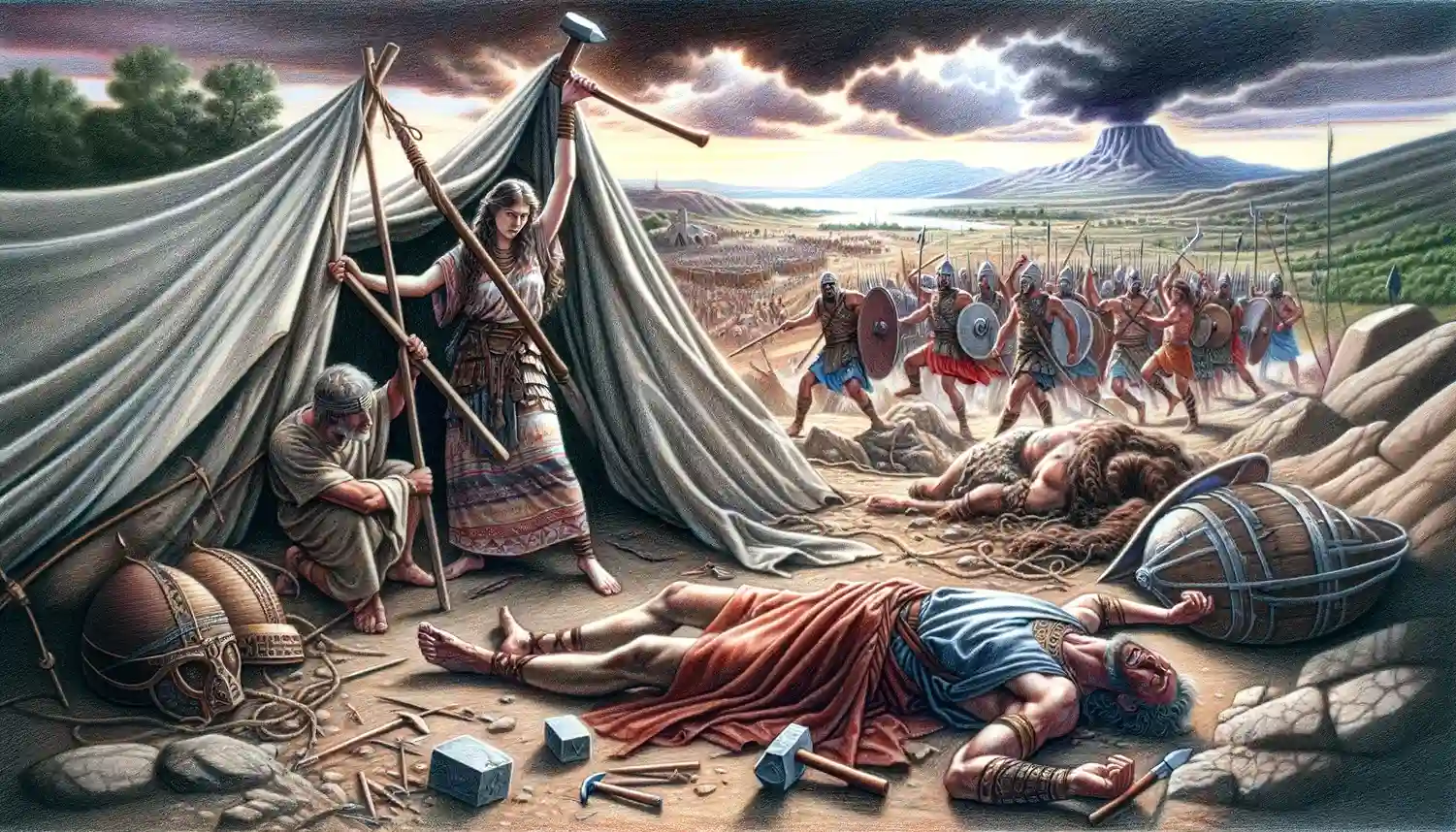Paul’s third missionary journey, accompanied by various disciples including Timothy and Luke, focused on strengthening and encouraging the early Christian communities he had previously established, as he traveled from Antioch through key locations such as Galatia, Phrygia, Ephesus, Macedonia, Greece, Troas, Miletus, and Jerusalem, preaching the Gospel, performing extraordinary miracles, facing opposition, and providing pastoral care, ultimately solidifying the foundation of the early church despite significant personal risk and challenges.
Paul’s second missionary journey, accompanied by Silas, Timothy, and later Luke, significantly expanded the reach of Christianity into Europe as they traveled from Antioch through key locations such as Philippi, Thessalonica, Berea, Athens, Corinth, and Ephesus, preaching the Gospel, performing miracles, and establishing strong Christian communities despite facing considerable opposition, thereby demonstrating the transformative power and inclusivity of the Gospel.
Paul’s first missionary journey, undertaken with Barnabas and John Mark, marked a foundational moment in the spread of early Christianity as they traveled from Antioch to Cyprus, Pisidian Antioch, Iconium, Lystra, and Derbe, preaching the Gospel, performing miracles, facing persecution, and establishing new churches, thereby demonstrating the transformative power of the Gospel and the inclusivity of God’s salvation plan.
Timothy, a devoted protégé of the Apostle Paul, played a crucial role in the early Christian church as a pastor and leader, known for his genuine faith, humility, and resilience, and his legacy is encapsulated in the pastoral epistles that highlight his significant contributions to the spread and establishment of Christianity.
The healing of Publius’ father by the Apostle Paul on the island of Malta demonstrated God’s power and mercy, as Paul prayed and laid hands on the sick man, resulting in immediate healing and leading to the recovery of many others on the island, which strengthened the faith of the Maltese people.
Jael is a lesser-known yet remarkable figure in the Bible, celebrated for her bravery and decisive action. Historical and Cultural Context Jael lived during the period of the Judges, a time characterized by social and political upheaval in ancient Israel. …
Uriah the Hittite, known for his unwavering loyalty and integrity, was a valiant soldier in King David’s army whose tragic death, orchestrated by David to conceal his own sin, serves as a powerful lesson on the consequences of moral failure and the necessity of justice.
Ebed-Melech, an Ethiopian eunuch in King Zedekiah’s service, bravely rescued the prophet Jeremiah from a cistern, demonstrating profound faith, compassion, and courage, which God rewarded with a promise of safety.
The defeat of Sisera, recounted in Judges 4-5, highlights Israel’s deliverance from Canaanite oppression through the leadership of Deborah and Barak and the decisive act of Jael, resulting in a significant victory and peace for Israel.
The genealogies of Jesus Christ, presented in Matthew 1:1-16 and Luke 3:23-38, trace His lineage through different ancestries and purposes, emphasizing His royal descent, fulfillment of prophecy, and connection to all humanity.

